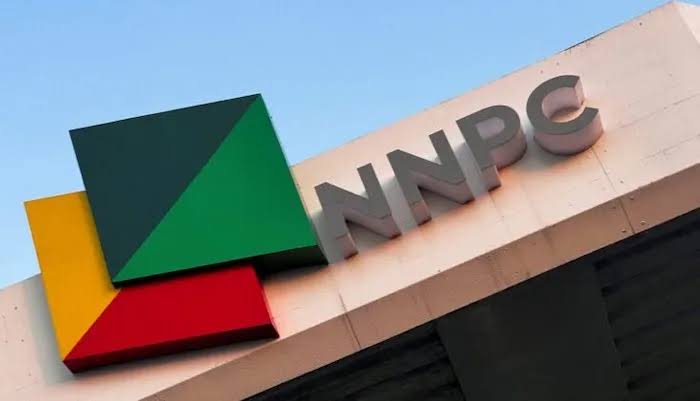The Nigerian National Petroleum Company Limited (NNPCL) has secured a $3billion emergency crude repayment loan to stabilise the Naira.
This is coming on the heels of the free fall of Naira against the dollar prompting a predicted increase in the price of petroleum products across the country.
Oil marketers had also in turn urged the government to, as a matter of urgency, deploy means to save the Naira.
However, barely 24 hours after the NNPCL ruled out speculations on likely increase in the pump price of the Premium Motor Spirit (PMS), it disclosed that it has signed an agreement with AFREXIM bank for the $3billion loan.
The company in a statement published on its verified X handle, formerly twitter on Wednesday said it signed a commitment letter and Term Sheet with AFREXIM for an immediate disbursement of the loan.
According to the Company, the loan will support the Federal Government in its ongoing fiscal and monetary policy reforms aimed at stabilizing the exchange rate market.
The terse statement read: “Relief For The Naira: NNPC Ltd Secures $3billion Emergency Crude Repayment Loan from AFREXIM Bank.
“The NNPC Ltd. and afreximbank have jointly signed a commitment letter and Termsheet for an emergency $3billion crude oil repayment loan.
“The signing, which took place today at the bank’s headquarters in Cairo, Egypt, will provide some immediate disbursement that will enable the NNPC Ltd. to support the Federal Government in its ongoing fiscal and monetary policy reforms aimed at stabilising the exchange rate market.”
Meanwhile, industry experts have described the development as a loan where the repayment is made with crude but queried why the NNPCL, a fully commercialised company will secure a whooping $3billion loan on behalf of the government.
But providing more insights on the development via his verified X page, the official Spokesperson and Special Adviser to the President on media, Ajuri Ngelale said the new FOREX accretion is to enable NNPCL defray taxes & royalties in advance and provide the FG with dollar liquidity to stabilize Naira via incremental releases based on government’s needs.
He said a stronger Naira will amount to lower fuel price, adding, “This is a major buffer against the need to re-engage in subsidy regime.”
While also corroborating Ngelale’s position, the Senior Special Assistant to the President on Digital/New media, O’tega Ogra quickly pointed out that the loan is not a crude-for-refined products swap but an upfront cash loan against proceeds from a limited amount of future crude oil production.
“This is not a crude for refined products agreement where the government does not earn any proceeds from the swap.
“The loan will be repaid against a fraction of proceeds from future crude oil production. It’s a strategic move that ensures a balance between our current economic needs and future production capabilities.
The funds, according to him, will be released in stages or tranches based on the specific needs and requirements of the Federal Government.
He added that while the deregulation policy remains, “a strengthened Naira as a result of this initiative will lead to a reduction in fuel costs. This means that if the Naira appreciates in value, the cost of fuel will drop and further increases will be halted.”
While reacting to the development, Mr. Paul Alaje, a Senior Economist at SPM partners said the loan will impact positively on the country’s foreign reserves.
“This has three legs, first it means that money will get to the CBN and it will impact positively on our foreign reserves. It also means that NNPCL can. have an amount predictable in terms of dollars. So, if they have dollars up to about $3billion, it has a lot to do with stability as to how much NNPCL retail can buy PMS and sell in Nigeria, ” he said.
However, he opined that such money should go through the Debt Management Office(DMO) saying, “I hope this will not amount to securitizing the loan and you know that when an agency of Government collects loan, managing it becomes a very big issue.
“I think we should thread with caution. Such money should go properly through the Debt Office so that we have proper account and the payment term should be clear.”
READ ALSO FROM NIGERIAN TRIBUNE






